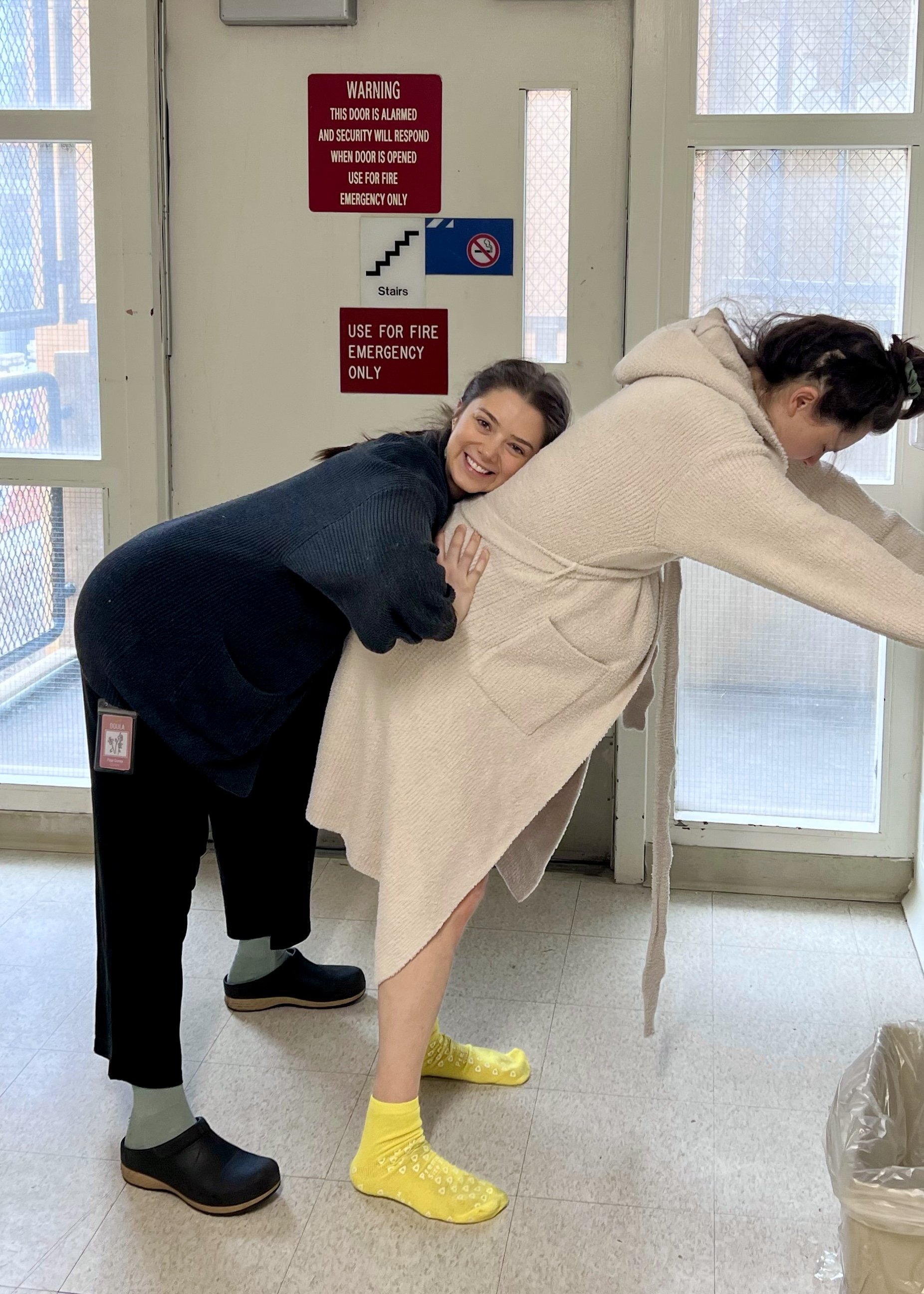
Every birther deserves a doula.
What is a doula and what does she do?
Doulas provide continuous physical and emotional support and assistance for women and their partner during labor and birth.
Nurtures and protects the woman’s memory of her birth experience
Understands the physiology of birth and the emotional needs of a woman in labor.
Assists the woman and her partner in preparing for and carrying out their plans for birth.
Stays by the side of the laboring woman throughout the entire labor.
Provides emotional support, physical comfort measures, an objective viewpoint, and assistance to the woman in getting the information she needs to make good decisions.
Facilitates communication between laboring woman, her partner, and clinical care providers.
By attending to your emotional needs, some obstetric outcomes are improved.
The doula’s goal is to help you have a safe and satisfying childbirth as you define it.
How a doula can benefit you.
Less use of pain medication or epidural analgesia. Many women who prefer a medication-free birth request a doula's assistance.
Early mother-infant relationships and breastfeeding are enhanced.
Women's satisfaction with their birth experiences and even their self-esteem appears to improve when a doula has assisted them through childbirth.
Women who labor without continuous support tend to have longer labors and are less likely to have a “spontaneous” birth.
How a doula can benefit your partner.
Continuous presence for emotional support, physical comfort, non-clinical advice, guidance.
The doula is there in addition to, not instead of the partner. Ideally, the doula and the partner make the perfect support team for the woman, complementing each other’s strengths.
With a doula present, the pressure on the partner is decreased and they can participate at their own comfort level. Partners often feel relieved when they can rely on a doula for help; they enjoy the experience more. For those partners who want to play an active support role, the doula assists and guides them in effective ways to help their loved ones in labor.
Your doula and your medical team.
Because the presence of a doula results in less use of pain medication or epidural analgesia, many women who prefer a medication-free birth request a doula's assistance.
Doula’s also provide valuable support to women who desire pain medications, including physical assistance for comfort and labor progress, emotional support, and dealing with undesired medications effects.
The comfort and reassurance offered by the doula are beneficial regardless of the use of pain medications
The Care I Provide.
Two prenatal visits covering a Birth Vision, pelvic dynamics and labor positions, Rebozo techniques, and a postpartum plan.
Telephone and email support throughout pregnancy.
On-call period and expectations if labor begins before/ after the due date. The on-call period begins 2 weeks before the due date and two weeks after the due date.
Physical and emotional support from active labor until one hour after birth.
Assistance in creating birth preferences and navigating hospital or birth center deliveries.
One postpartum visit 1-2 weeks after birth.

